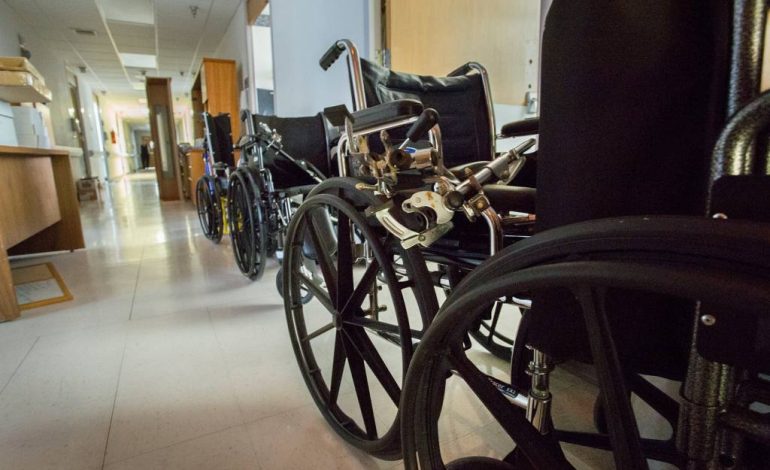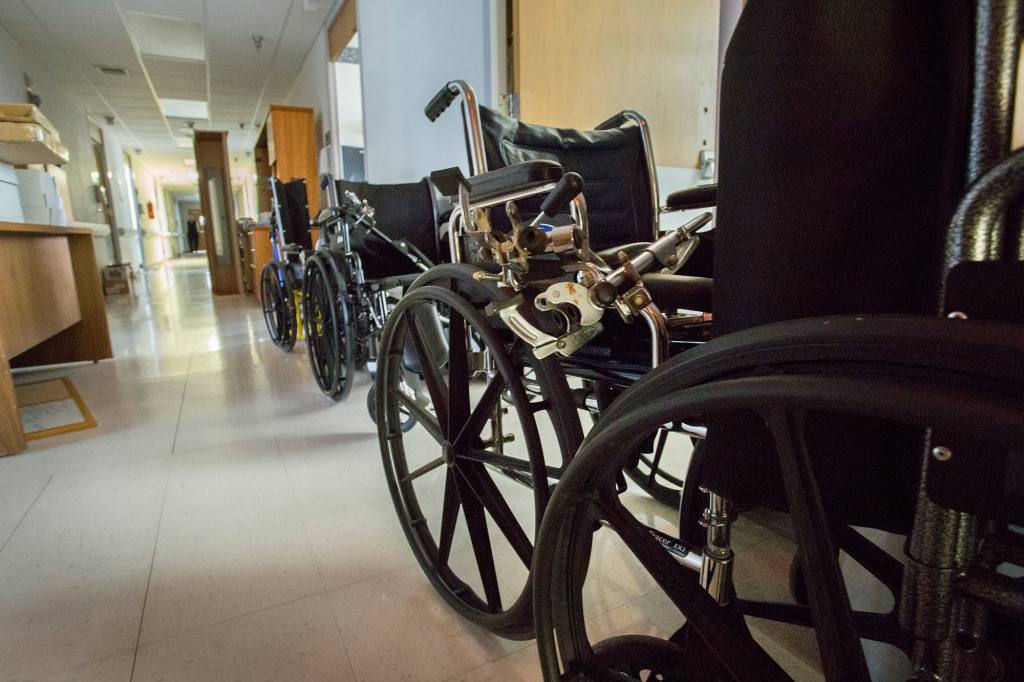Steps to Take if You Suspect Nursing Home Abuse

Suspecting nursing home abuse can be a deeply distressing and emotional experience. You trust that your loved one is in safe and caring hands, but when signs of mistreatment arise, knowing what to do can feel overwhelming. Understanding the appropriate steps to take can help protect your loved one and ensure their rights are upheld. Nursing home abuse is an unfortunate reality for many families, but taking swift and informed action can prevent further harm and hold responsible parties accountable.
Recognizing the Signs of Abuse
Spotting the warning signs of nursing home abuse is the first crucial step. While some signs may be obvious, others can be more subtle or mistaken for normal aspects of aging. Common signs include unexplained injuries, bedsores, malnutrition, sudden changes in mood or behavior, and poor hygiene. Emotional or psychological abuse may present as fearfulness, depression, or withdrawal from social activities. Financial abuse, on the other hand, might involve sudden unexplained withdrawals from bank accounts, missing valuables, or unauthorized changes to wills and legal documents.
It’s important to pay close attention to any deviations from your loved one’s usual behavior or physical condition. Don’t hesitate to ask questions and speak directly with the staff. If your concerns are brushed off or met with defensive responses, this may be a red flag that requires further investigation.
Document Your Concerns and Gather Evidence
Once you suspect abuse, it is vital to start documenting your concerns and gathering evidence. Keep a detailed record of any signs of neglect or mistreatment, including dates, times, and descriptions of incidents. Photographs of injuries, poor living conditions, or any physical evidence of abuse can be particularly powerful in proving your case. If you notice changes in your loved one’s financial accounts, keep copies of any suspicious transactions or documents.

Talking to your loved one about their experiences can also provide valuable information. However, be mindful that they may be afraid or reluctant to speak out, particularly if they fear retaliation. Approach conversations with care, ensuring they feel safe and supported.
Additionally, collect contact information for any witnesses, such as other residents, visitors, or staff members who may have observed the abuse. If the nursing home staff provides medical or incident reports, make sure to retain copies for your records. The more evidence you can gather, the stronger your case will be when addressing the issue with authorities.
Report the Abuse to the Proper Authorities
Once you’ve gathered evidence and are confident that abuse may be occurring, the next step is to report the abuse to the appropriate authorities. In California, for example, the first point of contact is usually the local Adult Protective Services (APS) or the Long-Term Care Ombudsman Program. Both agencies are responsible for investigating claims of abuse and neglect in nursing homes and ensuring the safety of vulnerable adults.
Reporting to law enforcement may also be necessary if the abuse involves criminal activity, such as physical assault or financial exploitation. Filing a report with the police can trigger a formal investigation and may lead to criminal charges against the perpetrator.
In addition to government agencies, you can file a complaint with regulatory bodies like the California Department of Public Health (CDPH) or Medicare’s Nursing Home Compare. These organizations oversee nursing home regulations and can take action against facilities that fail to meet standards of care. Some states also allow anonymous reporting, which can provide a layer of protection for you and your loved one if you fear retaliation from the nursing home.
Seek Legal Counsel
Navigating the legal complexities of nursing home abuse can be overwhelming, so seeking legal counsel is often the best way to protect your loved one’s rights and pursue justice. A lawyer with experience in elder abuse cases can guide you through the process of filing a lawsuit, securing compensation for damages, and holding the nursing home accountable for its actions.
An attorney can also advise you on the best course of action depending on the severity of the abuse and the available evidence. They can help you understand your legal options, whether it’s pursuing a civil lawsuit for financial compensation or filing criminal charges against the responsible parties. In some cases, a lawyer may also be able to negotiate a settlement with the nursing home, ensuring that your loved one receives appropriate care moving forward while addressing the harm that has already occurred.
It’s essential to act quickly, as there are often time limits, known as statutes of limitations, for filing claims related to nursing home abuse. Consulting with a lawyer early in the process ensures that your case remains within these legal timelines, giving you the best chance of a successful outcome.
Conclusion
Nursing home abuse is a serious issue that no family should have to face. Acting quickly and following the right steps—recognizing the signs of abuse, gathering evidence, reporting the abuse to authorities, and seeking legal counsel—can make all the difference in protecting your loved one. By taking these actions, you can help ensure that justice is served and that those responsible are held accountable. Websites dedicated to elder care often provide additional resources and support to guide you through this difficult time, helping you stay informed and empowered as you seek to safeguard your loved one’s well-being.








